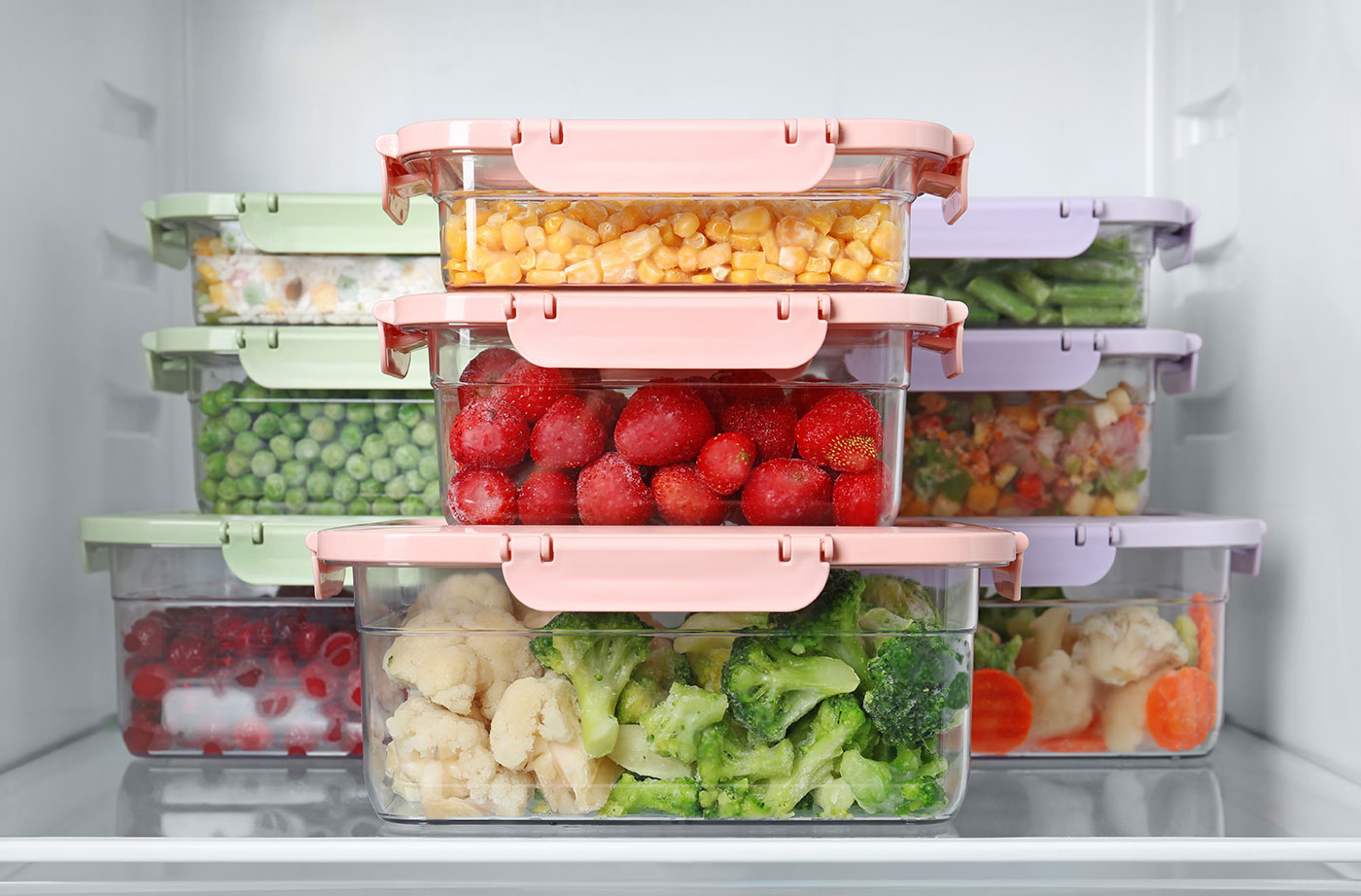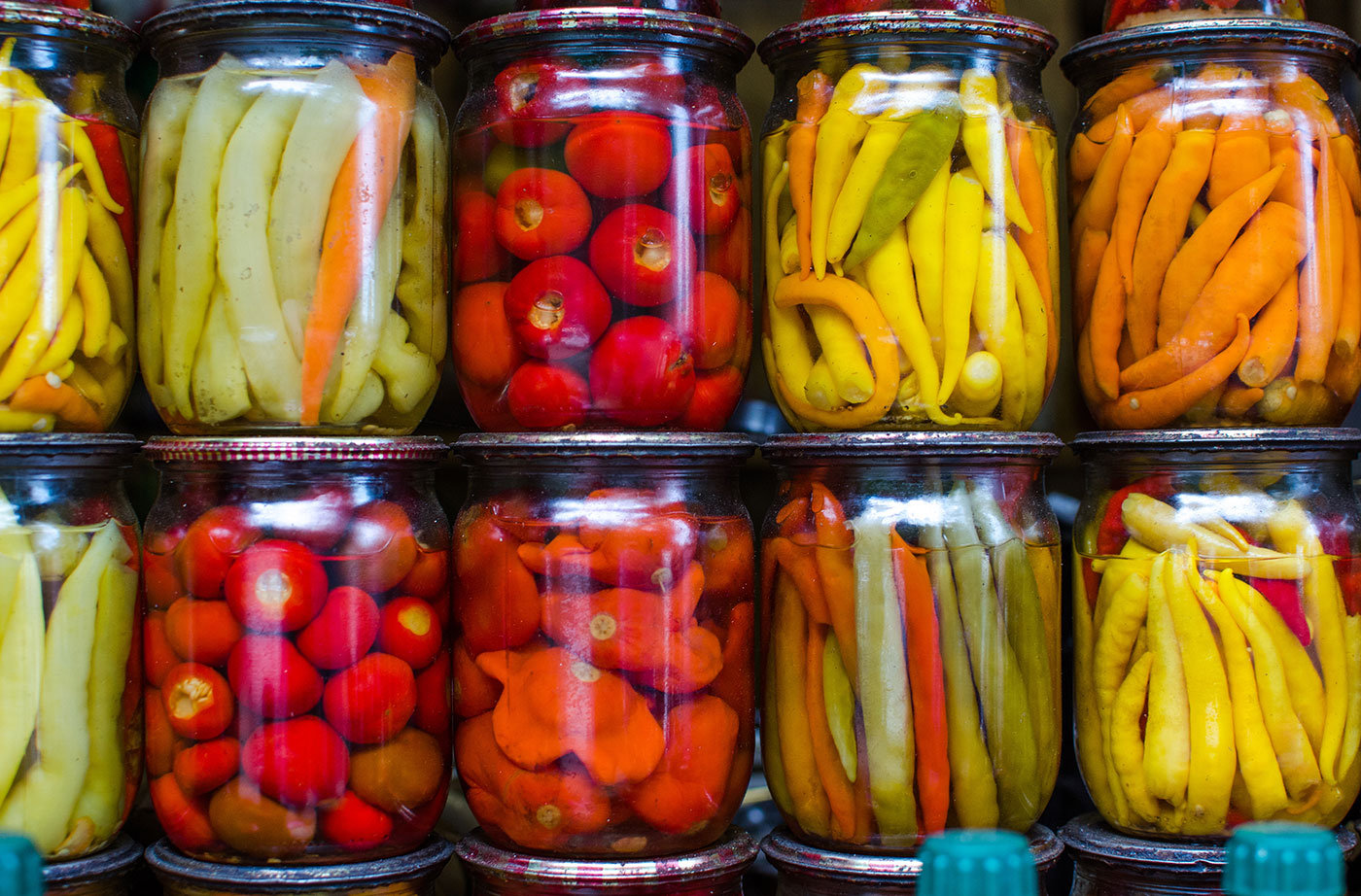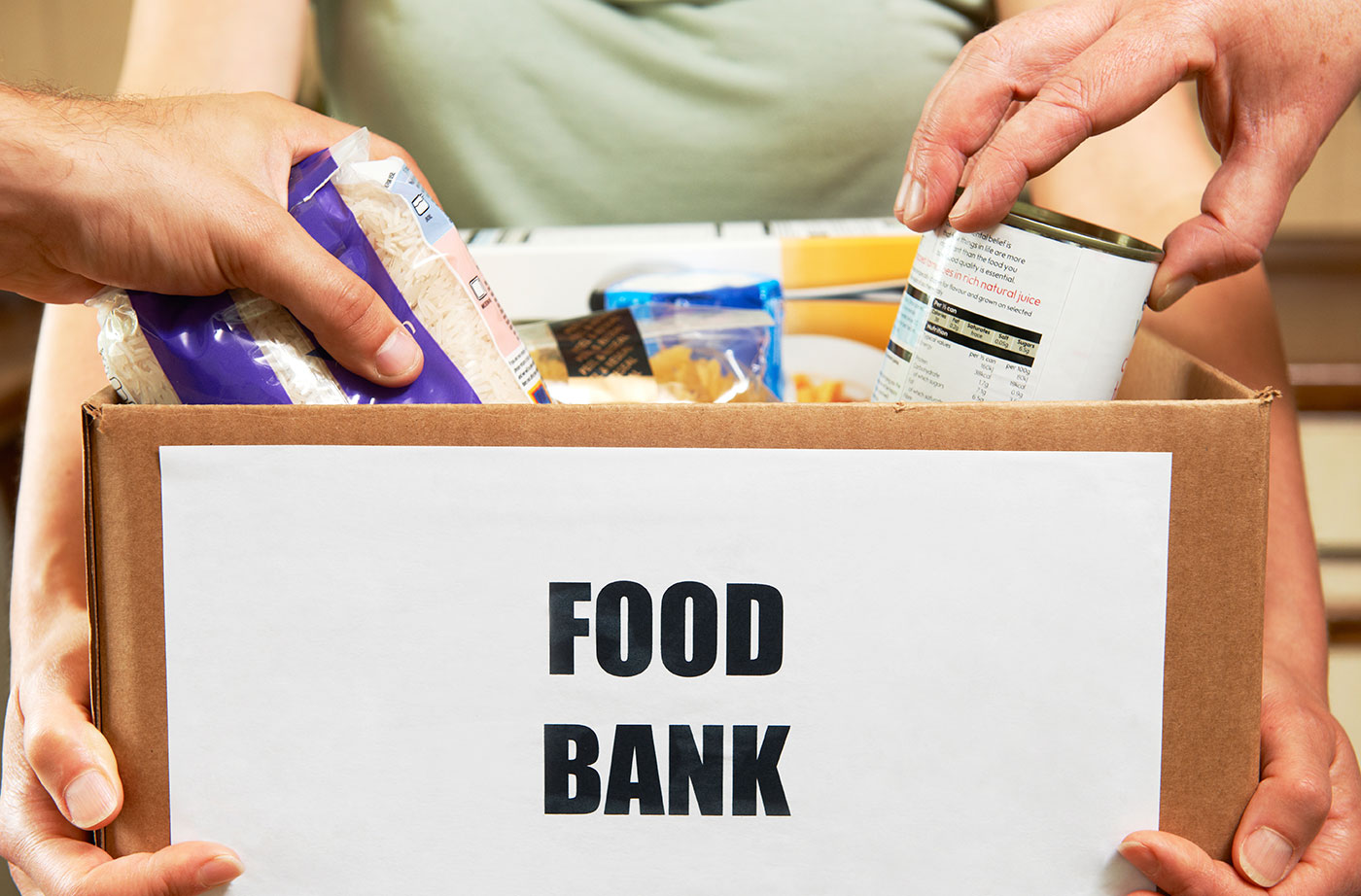Chances are that you went to the grocery store (at least once) recently and impulsively bought way more food than usual. And I suspect that may have led to an unanticipated consequence: food waste. (Or perhaps you just guilt-ate way more than you should to prevent your food from going bad!)
Reducing food waste is one of the top three ways to combat climate change. Wasted food also equals wasted money, and we should always strive to avoid wasting food while many of our neighbors go hungry. I say we hoard less, save more, and plan better—for the sake of everyone, including the planet!
The coronavirus pandemic has changed each of our lives. Our individual actions can make the world better for ourselves, and for everyone. So, I say we make lemonade out of those otherwise uneaten lemons. If you are one of the people who has found themselves with too much food and plenty of time, then why not use some of that time to learn some new techniques for reducing food waste? Here are my top five tips:
1. Plan your meals.
Instead of buying whatever is left on the shelves, try to buy only what you eat, and eat what you buy. Once I started really planning my meals, I found that I not only ate better, but had much less food waste and a simpler time grocery shopping.
• If you take the time to make a weekly plan and buy ingredients that work for multiple meals you’ll be well on your way to reducing food waste.
• My pro-tip is to start your shopping list based on the food you already have.
• Here is one of my favorite meal-planning books, which happened to be written in Rockland, Maine.

2. Organize your fridge for success.
Lucky you, now you have time to clean and scrub that refrigerator! When you put all the food back in, use these simple tips to preserve your food’s freshness and increase the chances of being eaten!
• Store meat and fish on the bottom shelf where it’s coldest.
• Put veggies in the high-humidity drawer, and fruits in the low humidity drawer. There are great fruit and vegetable storage tips at www.savethefood.com.
• Store leftovers on the upper shelf and label them with dates.
• Don’t put milk or eggs in the door where it is the warmest.
3. Learn some new cooking skills.
People are so busy these days and many schools have unfortunately cut home economics courses. Use this time at home with family to learn, and help your kids gain kitchen skills.
Whether you have food that is about to go to waste or you bought in bulk to save money, you can certainly reduce food waste by learning to can or freeze food, or make meals with what’s available. The Maine Cooperative Extension is a great place to find food preservation resources. Don’t be afraid to get creative. At the end of my shopping week, I tend to either put everything left in my fridge in the juicer, a soup, or an egg dish—works like a charm.

4. Start composting.
Even if you are a food waste prevention whiz, there will always be some kind of peel, rind, or coffee grounds laying around that shouldn’t go in your regular trash. Waste-to-energy facilities don’t like to burn wet stuff, and food waste that ends up in landfills creates the climate pollutant methane.
• Now’s the time to finally build that backyard compost bin or put a call into your local curbside compost company.
• Maine’s Department of Environmental Protection has great resources, and you can contact my good friends at Garbage to Garden, We Compost It!, Mr. Fox, or Scrap Dogs to see if one of their curbside or drop-off services works for you.
5. Donate food, or prepare a meal for a neighbor.
Do you feel a little guilty about hoarding all that food and want to share some of your good fortune?
• Look for a local food pantry to donate it to, or prepare a meal for a neighbor and leave it on their front porch, sanitize and ring the doorbell with a gloved hand, and then run away.
• It’s also worth noting that many local school departments are still offering free breakfast and lunch programs for those who need it. If you are having trouble affording groceries or took part in school food programs, contact your local school to see if they are offering this service.

Do you have other ideas for how to reduce food waste at home? We’d love to hear how these tips worked out if you tried them. You can send comments and thoughts to us at the Natural Resources Council of Maine at nrcm@nrcm.org.










As a waste-not/want-not thrifty Yankee, I always keep food longer than most people. Remember the “sell by or best by” date does not mean the food is bad immediately after. For meats, if they smell off, wash them well and the spoiled blood will be removed and the rest is fine when cooked thoroughly. Chicken smell especially improves with a good bath! For fruit and veg, cut off the bad parts, and if questionable, cook well with other similar items. Put limp celery, carrots, etc. in a glass of water to perk them up (rehydrate) or chop up for soup or stock. Some people cook chicken bones for stock. A sad apple tastes great when cored and microwaved: applesauce (or baked apple) serve with some milk. A banana going speckled makes banana bread or tastes better when microwaved with chocolate squares on top (like Girl Scout cooking). I still don’t know what to do with sour milk, although someone said tomato plants like the calcium? Another thing is to cut up large fruits like pineapple or melon and refrigerate in a covered bowl ( I put a saucer or plate over it) so it is easy to eat as wanted — otherwise it sits until too late, as I know too well. You can’t judge food by a appearance — open it and see what’s going on. Smell it. We all know a beautiful fruit can be rotten inside, and the opposite is also true. Ugly avocado or pomegranate? Open it to see actual condition. Eat parts that are still good. I can’t believe how much food is discarded for superficial reasons! I also order Misfits organic produce — not pretty enough for stores but tastes better than store bought. I am now ordering local meat because I would rather have a small amount of great taste than a big piece of flavorless. I also get eggs from local farms because they are super quality, last longer, support farmers, and come from happy poultry. Advice from an older creative person: think about global/local hunger and use what you so fortunately have.